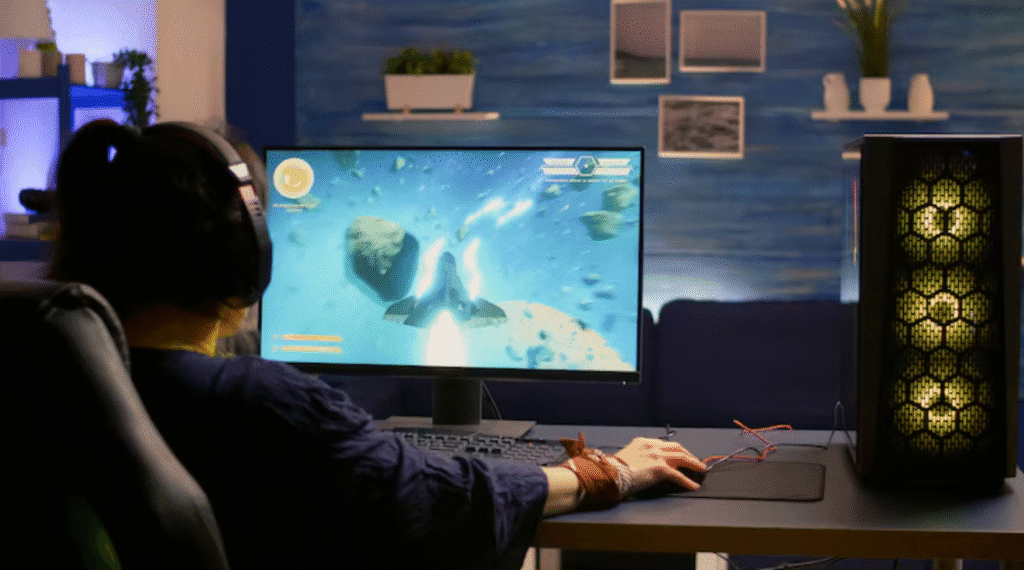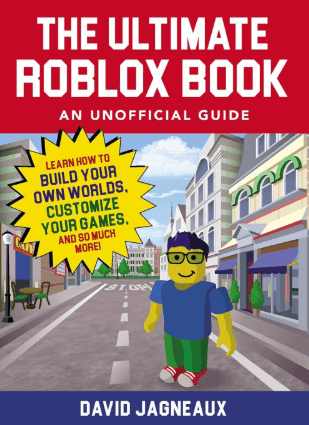Once considered niche or low-budget distractions, indie games have become a driving force in the PC gaming world. Over the past decade, small development teams—sometimes even solo developers—have created some of the most memorable, innovative, and emotionally impactful titles in gaming history.
From Hades to Stardew Valley, indie PC games have proven that passion and creativity can compete with blockbuster budgets. Here’s how and why indie games have taken center stage in 2025—and where they’re going next.
What Are Indie Games?
“Indie” (short for “independent”) games are created by individuals or small studios without the financial support of major publishers like EA, Ubisoft, or Activision. Indie devs often self-publish or use platforms like Steam, itch.io, or the Epic Games Store to release their games.
Key traits of indie games:
- Unique mechanics or art styles
- Strong storytelling or emotional depth
- Often created by small teams (1–20 people)
- Lower budgets but high passion and innovation
Why Indie Games Thrive on PC
The PC platform is the natural home of indie gaming. Here’s why:
1. Lower Barriers to Entry
PC development doesn’t require expensive development kits or strict console licensing. Anyone with coding skills and a computer can start building a game using engines like Unity, Unreal Engine, or Godot.
2. Distribution Platforms
Stores like Steam, itch.io, and Epic Games Store provide accessible marketplaces with global reach, allowing indie games to find audiences without needing a publisher.
3. Modding & Community Support
PC gamers often support early access titles, mod-friendly games, and community-driven content. This ecosystem encourages feedback loops and longer game lifespans.
4. Crowdfunding
Sites like Kickstarter and Patreon have empowered developers to fund their projects directly through fans, bypassing traditional publishers.
Breakout Indie Hits That Shaped the Industry
1. Stardew Valley (2016)
Created by one developer (ConcernedApe), Stardew Valley revitalized the farming sim genre and inspired countless games with its charm, depth, and emotional storytelling.
2. Hades (2020)
Supergiant Games’ mythological roguelike blended tight combat with rich narrative. It won numerous Game of the Year awards and showed that indies can compete with AAA in polish and depth.
3. Undertale (2015)
A cult classic created by Toby Fox, Undertale proved that minimalist visuals and quirky writing could create a deeply emotional and philosophically engaging experience.
4. Celeste (2018)
A pixel-art platformer with tight controls and a powerful story about mental health, Celeste earned praise for both its gameplay and its emotional themes.
5. Baldur’s Gate 3 (2023)
Although developed by Larian Studios (which grew larger over time), BG3 started as an indie-like studio production. It helped prove that indie DNA can scale into blockbuster success.
Indie Game Genres Dominating in 2025
Certain genres have seen huge success in the indie space:
- Roguelikes/Roguelites (Dead Cells, Slay the Spire, Vampire Survivors)
- Narrative Adventure Games (Oxenfree, Firewatch, Lake)
- Pixel-Art Platformers (Shovel Knight, Hollow Knight)
- Simulation & Management Sims (Factorio, RimWorld, Dwarf Fortress)
- Survival & Crafting Games (Don’t Starve, Valheim, Terraria)
These genres thrive because they rely more on mechanics and player engagement than photorealistic graphics or expensive assets.
Challenges Indie Devs Face
Despite their success, indie developers still face serious hurdles:
- Visibility: Thousands of games launch every year on Steam. Standing out is tough without marketing budgets.
- Monetization: Pricing too high can drive away budget-conscious players; pricing too low can devalue months or years of work.
- Sustainability: Without long-term funding, many indie devs rely on side jobs or part-time work to fund development.
Yet, even with these challenges, passion often fuels progress. Many devs choose indie for the freedom to tell stories or build worlds that big studios wouldn’t greenlight.
The Power of the Indie Gaming Community
The indie scene is fueled by dedicated fans, streamers, and reviewers who discover and promote hidden gems. YouTubers and Twitch streamers often play a key role in making games go viral—turning obscure titles into overnight hits.
Steam reviews, Reddit forums, and Discord servers also foster feedback and help games improve, especially during early access phases.
What’s Next for Indie Games?
Looking ahead, indie games in 2025 are poised to get:
- More cinematic thanks to tools like Unreal Engine 5
- More collaborative through community-driven development
- More diverse with global voices, underrepresented developers, and cross-cultural storytelling
- More hybrid—blending genres, gameplay styles, and narrative formats
Games like Dredge (a horror fishing sim) or Chants of Sennaar (a puzzle game about language and culture) show how indies keep pushing boundaries.
The rise of indie PC games isn’t a trend—it’s a revolution. Indie developers have reshaped the gaming landscape by proving that big ideas matter more than big budgets. They’ve told powerful stories, created addictive gameplay loops, and built passionate communities around their games.
For players, indie games offer something magical: the chance to experience gaming as an art form, a personal journey, and a reflection of human creativity at its most unfiltered.
If you haven’t explored the indie scene yet, now is the perfect time to dive in—you might just find your next favorite game from a team of one.




